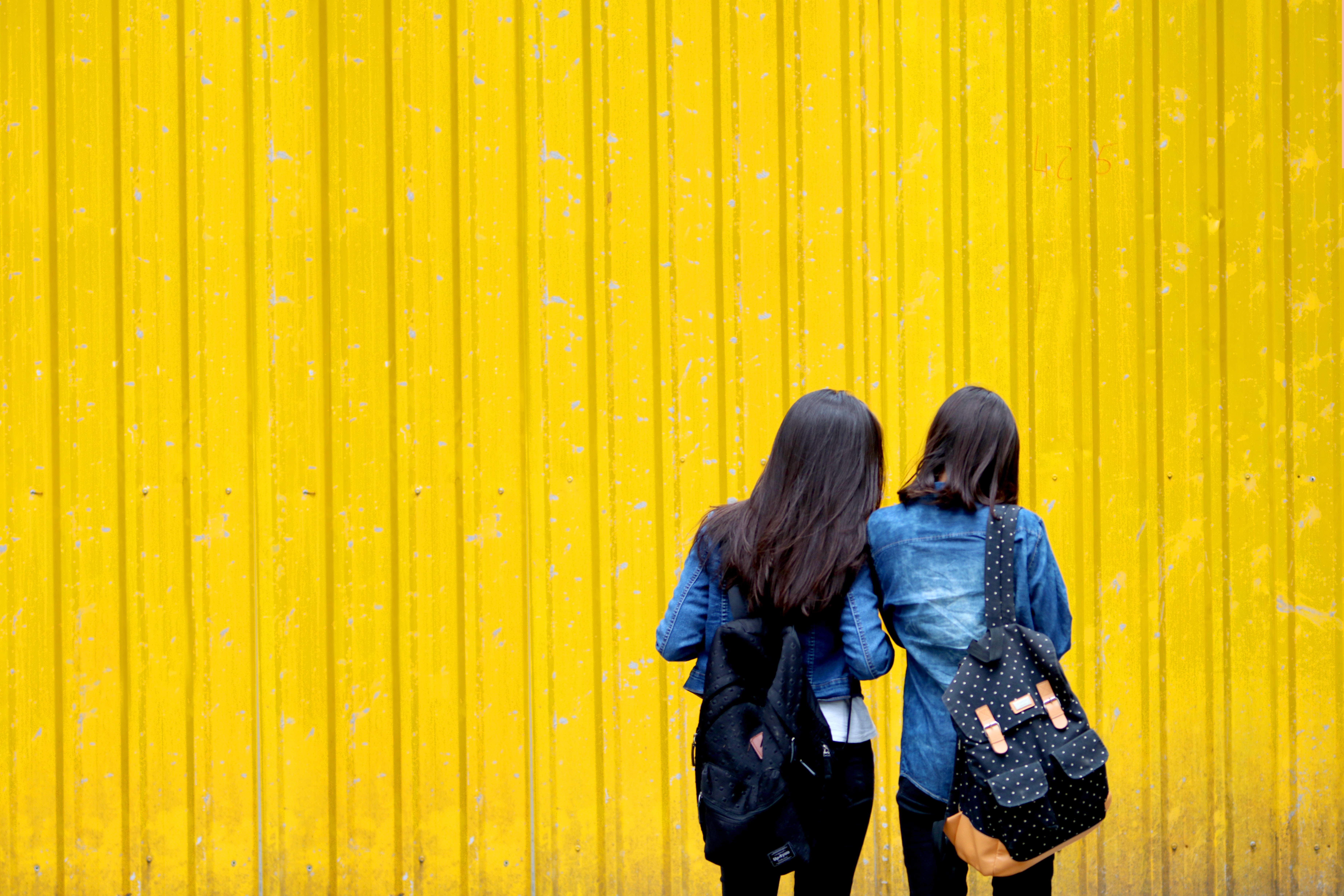Think the first season of “13 Reasons Why” was tough to watch? Season 2 of the Netflix Original proves to be even more challenging, and it’s just weeks away. But the key to avoiding what goes down in both seasons is the same. So, let’s jump to the 13-word punchline:
- Talk
- to
- your
- child
- about
- their
- experiences
- on
- social
- media
- every
- single
- day.
Instead of asking “How was your day?” ask “What happened on social today?” To your child, it’s the same thing, but by asking directly about social media, you’ll get a more open answer.
What is “13 Reasons Why”?
If you haven’t already watched the show, you’ve likely heard about it from your child, a student, a friend on social media, or the news. Maybe all of those places and while walking your dog. Literally, everyone is talking about it: The Daily Dot reported that there were more than 3.5 million tweets about the show during its first week on Netflix, making it the most-tweeted-about show ever. Of all time. In history.
If you still don’t know what we’re talking about, here’s a synopsis: Season 1 is based on a book by the same name, “13 Reasons Why” revolves around a high school student who kills herself after experiencing a series of public failures brought on by other students. Many of these public failures were shared on social media, including texts. Each of the 13 episodes is based on a cassette tape she leaves behind telling her side of the story.
It was intense, there was lots of debate about it in the press, and Season 2 is imminent.
What do we recommend?
Two things:
If your child is under 13 years old, I suggest they be prohibited from watching the show unless a parent has already and repeatedly discussed with them all the topics in the first season: bullying, rape, foreplay, innuendos, cursing, and suicide (Season 2 reportedly involves a school shooting as well). Also, at The Social Institute, we know a mom-and-daughter duo who watched the series together and think this is a great idea.
Talk with your child about their experiences on social media every single day. You’ll get a different answer than if you asked them how their day was or what they did at school, but it was as much of their day as class, projects, sports, family, etc. We know — from working with more than 10,000 teens over the last two years — that social media is, for them, the same as being social. There is no difference. But that question will elicit a different answer. Try it.
Stay in touch with The Social Institute by signing up for our newsletter, joining our Facebook group for parents, or becoming a member of our unique online resources, the Social Locker Room.
Originally published at thesocialinstitute.com


